Upcoming Graduate Courses - Fall 2025
Click the course titles for full descriptions
courses - Spring 2025
Seminars
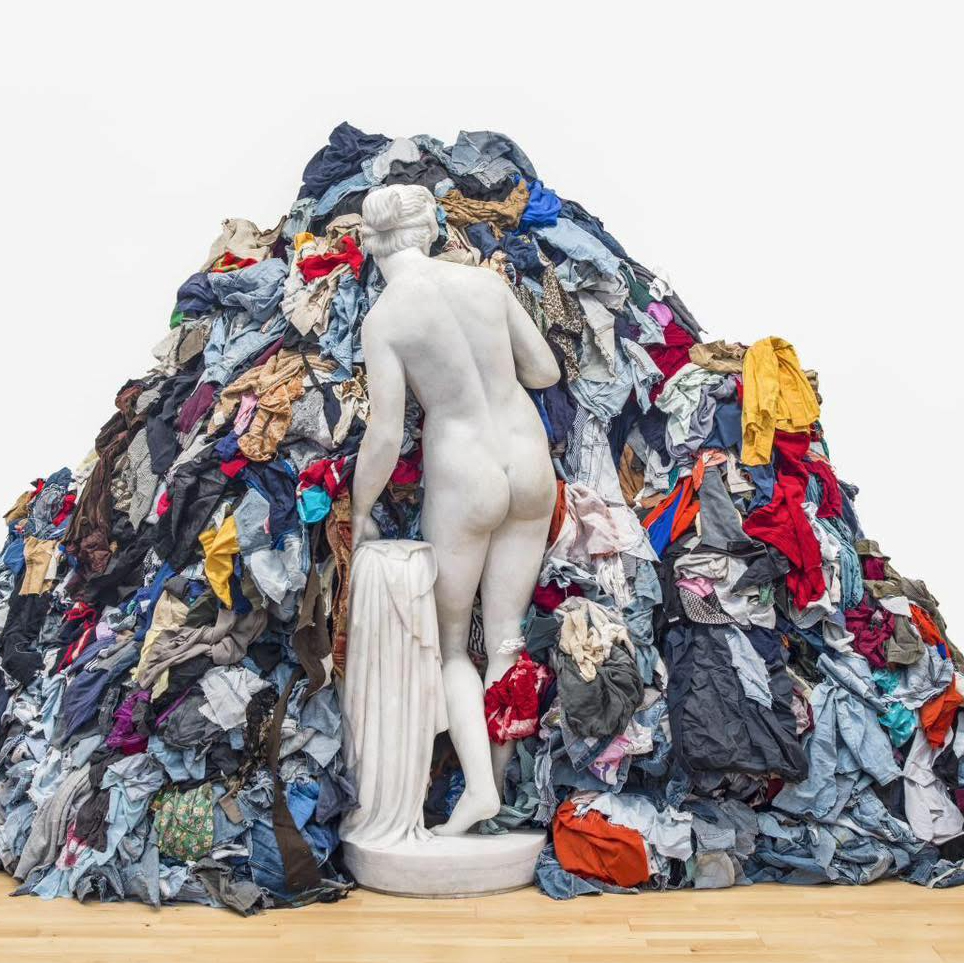
ARH 5806-01 Postwar Italian Art – Dr. Tenley Bick
Tuesdays 1:20—3:50 pm in WJB 2038
Major area: Modernities and Modernisms
This seminar addresses postwar Italian art in context, examining major artistic issues of the period with an eye to cultural and sociopolitical shifts in the decades after World War II, concluding with the end of the tumultuous “years of lead” in the 1980s. Topics include fraught legacies of Fascism and earlier twentieth-century Italian artistic movements, debates surrounding realism and abstraction, pittura materica and the Informale, the Italian “neo-avant-garde,” reconceptualizations of artistic work and Italy’s labor movement, Italian Pop, Arte Povera, radical architecture and design, and the Transavanguardia. Close analysis of primary texts and secondary literature will support discussion of historiographic trends and identification of areas for new research.
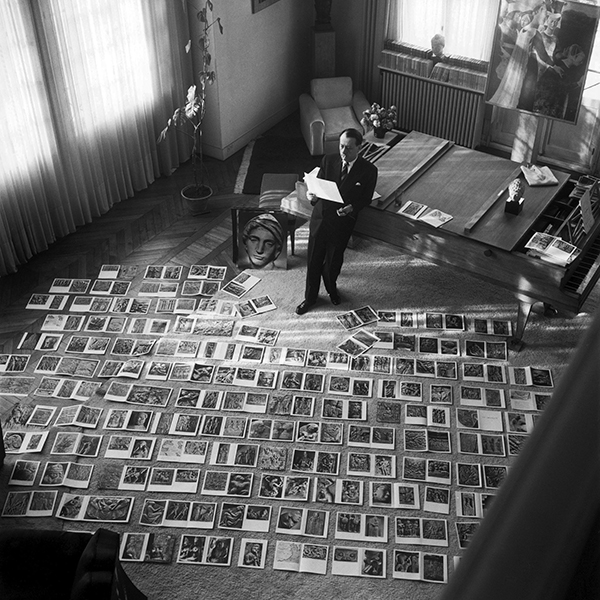
ARH 5806-02 History of Curating – Dr. Adam Jolles
Wednesdays 12:00—2:30 pm in WJB 2038
Major area: Modernities and Modernisms
This course explores the emergence of curatorial practices during the late modern era. We will examine the major debates that have helped shape this discourse at several key moments throughout its history and focus on several exemplary case studies in its development. The course begins with the rise of curating in the eighteenth century alongside the establishment of public museums. Among other topics, we will address eighteenth-century debates concerning the preservation of national heritage and the despoliation of antiquity, the appearance of the house-museum and the style room in the nineteenth century, the advent of competing curatorial narratives on modern art and the reconceptualization of exhibition design during the interwar period, postwar institutional critiques leveled at the art museum by contemporary artists, and the inception of artist- and activist-curators. Our goal will be to make sense of the major critical and conceptual currents that drive discourse on curating today as well as those that undergird its historical formation.
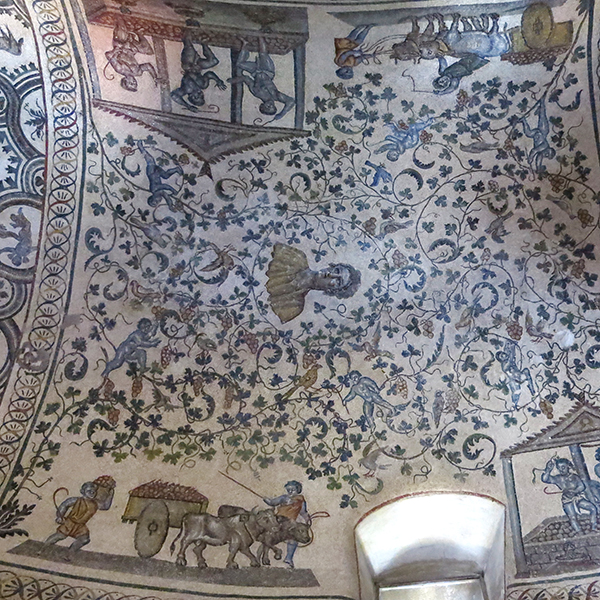
ARH 5806-03 Medieval Rome: City of Transitions – Dr. Lynn Jones
Wednesdays 9:20—11:50 am in WJB 2038
Major area: The Post-Ancient and Medieval World
This course focuses on Rome during the early medieval period (2nd-8th centuries). Particular focus will be given to the slow cultural shift from pagan religions to Christianity, and the ways in which this is reflected or denied in art. How is Roman identity given visual expression? Readings and discussions will explore such issues of identity, including the continuation of pre-Christian motifs and their subsequent adoption and adaptation to serve the new religion.
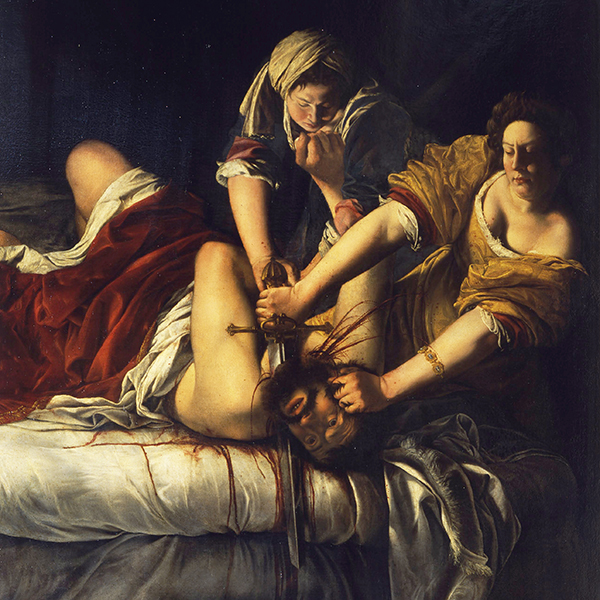
ARH 5806-04 Artemisia and Other Early Moderns – Dr. Robert Neuman
Mondays 1:20—3:50 pm in WJB 2038
Major area: Modernities and Modernisms
This interdisciplinary seminar deals with artists and the construction of identity in art during the period 1400-1800, that is, during the Renaissance, the Baroque, and the Rococo. We will look at painters both celebrated and obscure, such as Sofonisba Anguissola, Artemisia Gentileschi, and Elisabeth Vigée Le Brun, focusing on the function of their work in the context of their respective historical times. In addition, the course will address the issue of patronage in the realm of painting, sculpture, architecture, and collecting. Students will report on selected critical readings, present a PowerPoint focusing on a major artist, and write a research paper. The format of the class is informal discussion. Our work is collaborative, in the sense that we will share our knowledge and experience. For each class period you must come ready to stimulate discussion and prepared to participate. A major goal of this class is to develop a research agenda: students will learn to build their research program through a series of cumulative assignments that incorporate class discussion and feedback. Papers will focus narrowly and in depth on something visual, like an image. There are, however, six broad areas of discourse to keep in mind in developing a paper: artists; patrons; sources of power; the Church; the life cycle, including childhood, marriage, and parenthood; costume and beauty.
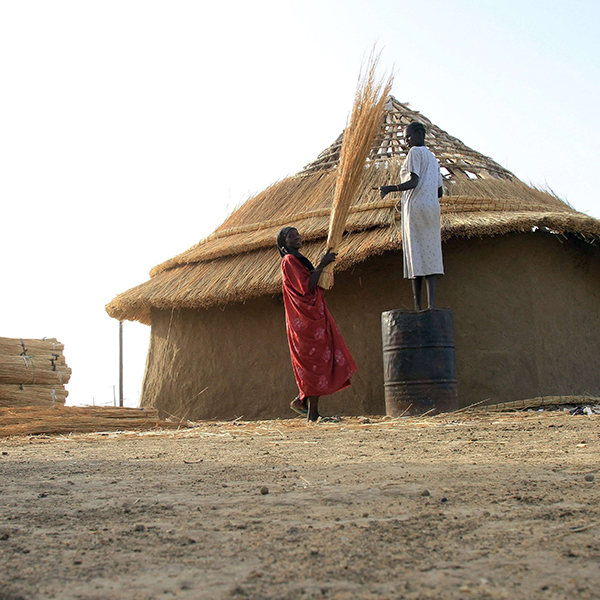
ARH 5806-05 Architecture and Ecology – Dr. Paul Niell
Tuesdays 9:45am—12:15pm in WJB 2038
Major areas: Modernities and Modernisms, Visual Cultures of the Americas (VCA)
This seminar investigates the manifold relationships between architecture and ecology. The latter will be considered first and foremost as human-environmental relations (i.e. “natural” ecological systems). However, we will also explore how the idea of ecology has been extended to include social, cultural, and political systems. Those evolving entanglements between the built environment and ecological systems will be our key emphasis. The seminar’s geographical focus will encompass the architectures of the Americas, Southeast Asia, Europe, and Africa.
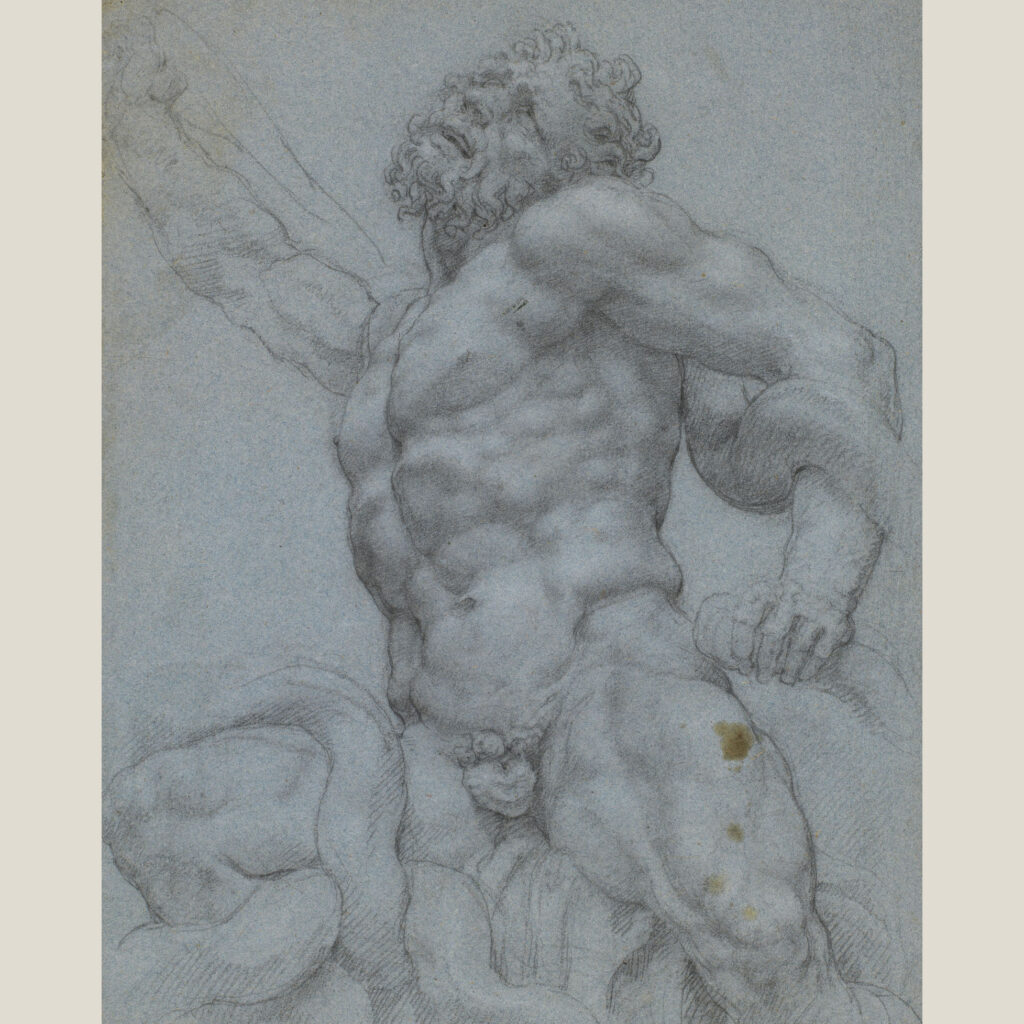
ARH 5806-06 Antiquity in Renaissance Italy – Dr. Lorenzo Pericolo
Thursdays 4:50—7:20 pm in WJB G041
Major area: Modernities and Modernisms
It is a historiographical commonplace that a “revival” of the ancient world (of Greek and Roman antiquity) was at the core of what we now call the Italian Renaissance. But what was antiquity in the fifteenth and sixteenth centuries? What perception and knowledge did Italian Renaissance artists have of antiquity? And what was the role of literary sources in conveying or specifying the notion of ancient art? These are some of the questions that this course intends to answer.
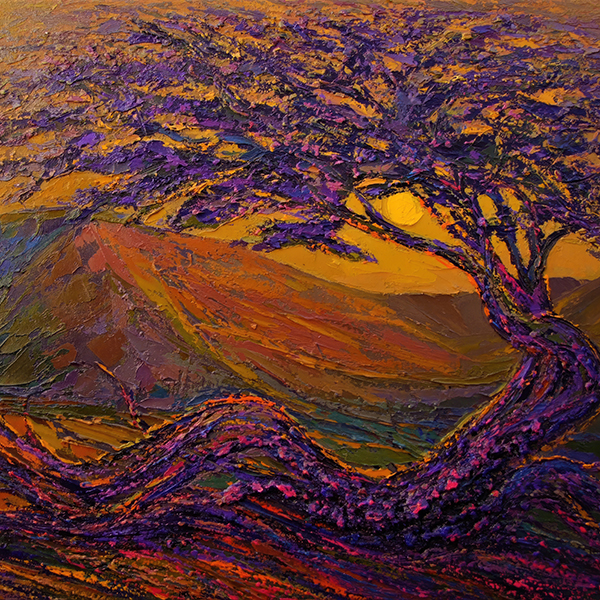
ARH 5806-07 Theories of Space, Place, and Landscape – Dr. Brendan Weaver
Fridays 9:20—11:50 am in WJB 2038
Major area: Visual Cultures of the Americas (VCA)
This seminar explores the dynamic role of space, place, and landscape in art history and archaeology, emphasizing their influence on aesthetic experiences and the production of human subjectivities. Students will analyze the spatial contexts of visual and material culture through a multidisciplinary lens, including readings from art history, anthropology, and geography. The seminar is designed to equip graduate students with the theoretical toolkit necessary to apply these perspectives to their own research.
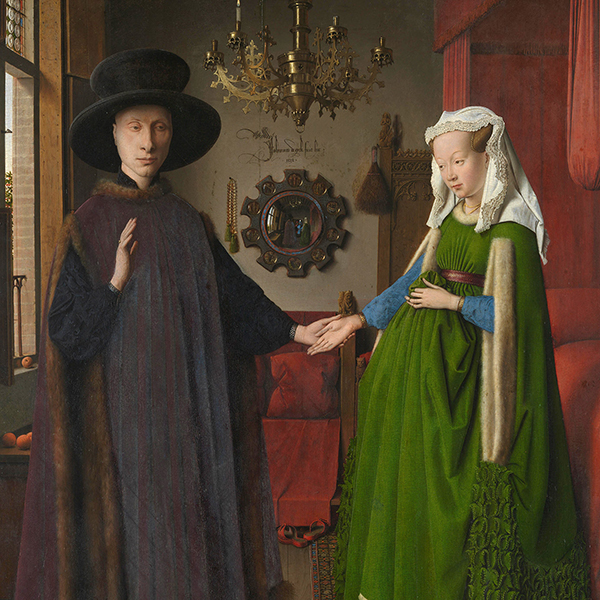
ARH 5806–08 Cosmopolitan Renaissance – Dr. Stephanie Leitch
Mondays and Wednesdays 12:00—1:15 pm in WJB 2041
NOTE: This is a lecture class with an enhanced research project for graduate students.
This course examines artistic exchange in painting, sculpture, and printmaking in continental Europe during the Renaissance. Through case studies, we will consider the reception of Flemish art in Italy, the impact of Italian communities in Flanders, and the sites of exchange offered by northern Italian courts and Venice. We will examine the use of local materials and the transmission of new techniques. Finally, we will trace artistic styles and egos of Michelangelo, Dürer, and Leonardo in the construction of German, Bohemian, Polish, and French art. This course will not survey the art of these locations, instead, we will do some close looking at artistic fluidity between them.
Recurring Foundation Courses
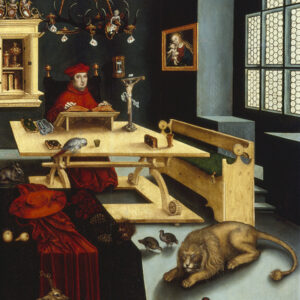
ARH 5813-01 Art History Methods – Dr. Stephanie Leitch
Thursdays 9:45 am—12:15 pm in WJB 2038
Required for ALL first-year graduate students if not previously taken at FSU.
This seminar introduces incoming graduate students to the analysis of art, architecture, and material culture as a historical and critical discipline. Weekly readings showcase theories and methods in action, as well as some of the developments and ongoing debates in the history of art. Students consider their place within (or in opposition to) existing traditions while developing their skills in careful looking, critical reading, and persuasive writing.
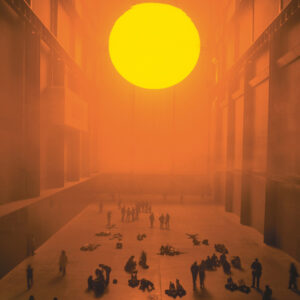
ARH 5797–01 Seminar in Museum Studies – Dr. Susan Baldino
Wednesdays 9:20—11:50 am in WJB G041
Required for all first-year MCHS students. The Museum Basics Seminar examines traditions, transformations, and the current state of museums, concerns and theories of museum studies, practical matters in the professional museum field, and prognoses for the future of museums. Students will learn through scholarly and professional literature, interaction with museum theorists and practitioners, on-site observation, and analysis in museums or on museum websites, discussion, and research.
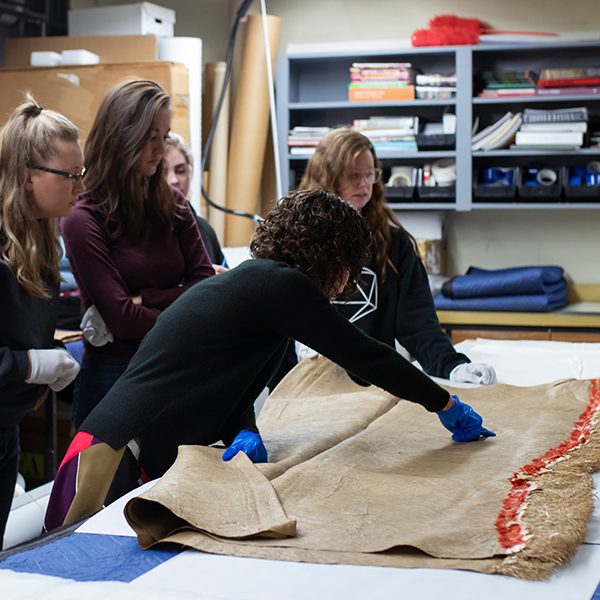
ARH 5799-01 Cultural Heritage: Theory & Practice – Dr. Kristin Dowell
Thursdays 1:20—3:50 pm in WJB 2038
Required for all first-year MCHS students. Cultural Heritage Studies explores the relationship between the interpretation, construction, and valuation of the past and the contemporary communities and stakeholders who remain connected to this heritage. This seminar provides a graduate-level introduction to the debates, theories and case studies of tangible and intangible cultural heritage including topics such as tourism, heritage management, public history, repatriation, the impact of development and global conflict, curatorial practice and museums, international law, and ethics. We will examine theories and methods in cultural heritage work from local and international perspectives with an emphasis on global case studies and visits to local heritage sites in Tallahassee. We will learn about material forms of cultural heritage interpretation, preservation and exhibition while also exploring the capacity of digital technology to preserve and circulate cultural heritage in new ways.
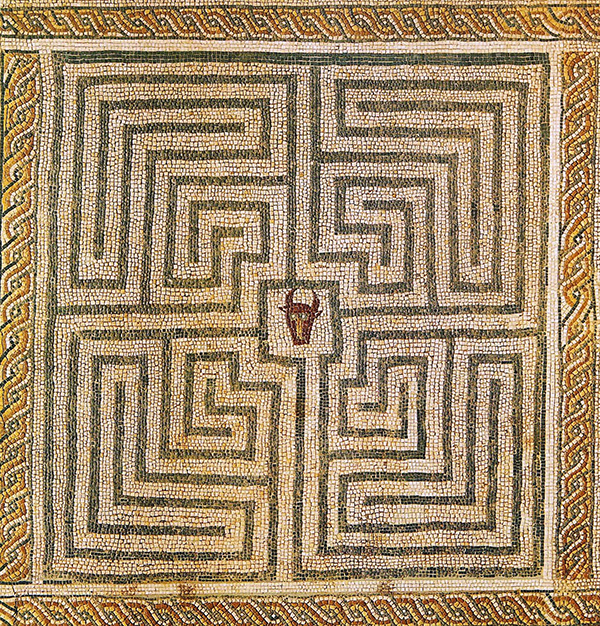
ARH 6920-01 Proseminar: Professional Development for Art Historians – Dr. Erika Loic
Time/Loc TBA
This professional development seminar is offered to doctoral students engaged in dissertation research and other professional activities. The goal of the seminar is to help equip students with the competencies necessary to meet their long-term professional goals in teaching, research dissemination, service, and employment.
Interested in courses outside of the Department of Art History/College of Fine Arts?
(Only available to students after demonstration of successful academic progress in their first semester in the program.)
On a limited basis, students may request to take courses outside of those offered by the Department of Art History. Permission from the Director of Graduate Studies or Director of MCHS, as appropriate, will be required in order to ensure that the course will be credited toward your degree.
Students on a graduate assistantship must request Dean’s permission to use tuition waivers to cover a course outside of the college. Permission from the College of Fine Arts is not guaranteed. The college is much more likely to allow waivers to cover a course within the college, for example, in Art Education.
Contact Emily Johnson (etjohnson@fsu.edu) to discuss your request and initiate the approval process.